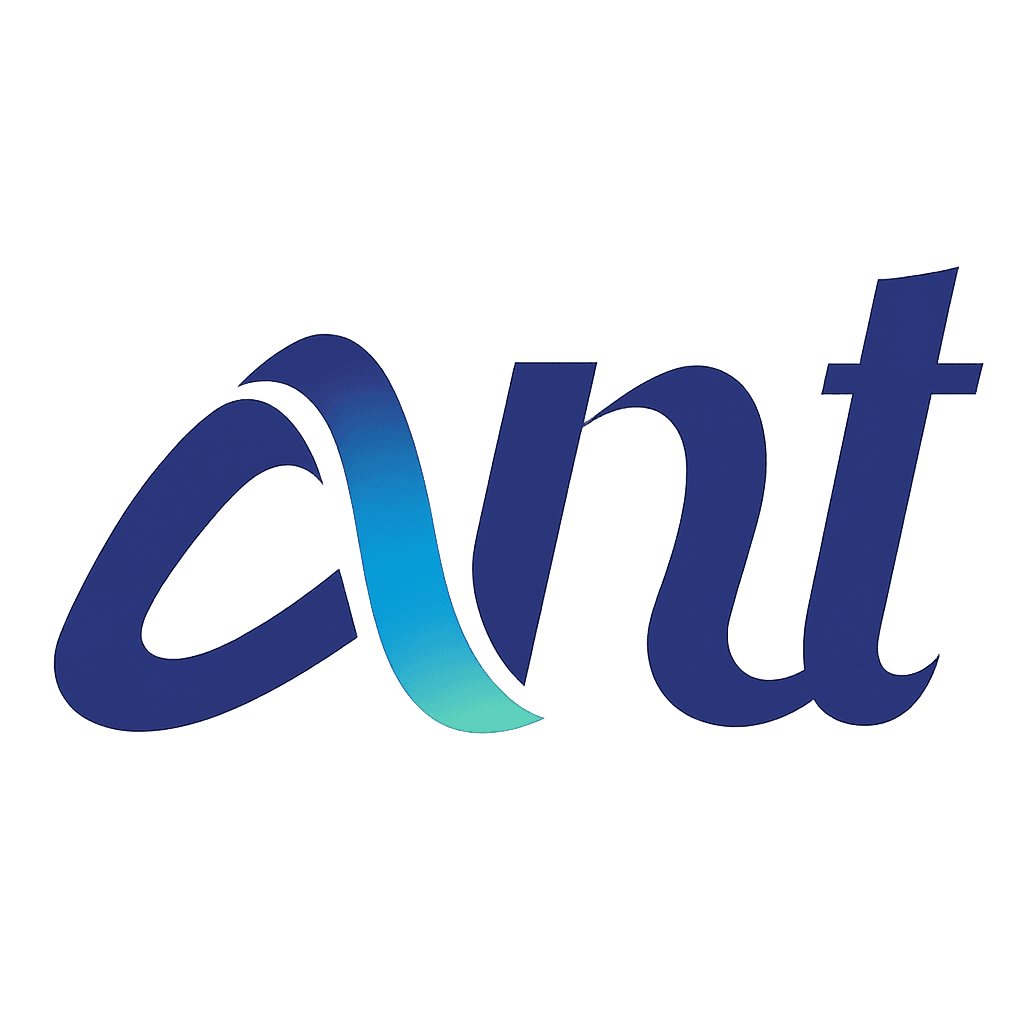Overview of the Study
The research team set out with a clear mission: to understand why type 1 diabetes technologies like continuous glucose monitors (CGMs) are not equally used across all communities. Despite being life changing tools, CGMs remain out of reach for many patients, particularly those from racial and ethnic minority backgrounds and those with lower socioeconomic status (SES).
To uncover the reasons behind these disparities, focus groups were conducted in Florida and California with adults aged 18 and older. The voices of these participants revealed not only the challenges of living with diabetes, but also the systemic and personal barriers that shape access to care.
Barriers That Emerged
The discussions highlighted several recurring obstacles. Many participants described negative provider encounters, where they felt dismissed or unheard in clinical settings. Financial concerns were another major theme, as the cost of diabetes technologies and inconsistent insurance coverage placed them out of reach for low income families. Finally, individual preferences and comfort levels influenced uptake, some patients hesitated to adopt CGMs due to issues like device visibility, perceived stigma, or the burden of managing technology on top of daily life.
These barriers were not evenly distributed. For racial and ethnic minorities and for patients from underserved communities, the challenges were deeper and more persistent, reflecting broader inequities in the healthcare system.
How ANT Became a Partner
Managing this kind of qualitative project required more than just transcription, it needed a partner who could preserve the sensitivity of participants’ stories while helping researchers uncover actionable insights. That’s where ANT came in.
Transcription with Precision
Every interview was transcribed within a HIPAA-complaint setting, capturing the professional language of providers while preserving the cultural and contextual sensitivity of discussions around racial and ethnic inequities.
Bridging Voices Across Data
We organized transcripts into clean, structured formats aligned with interview questions. This gave researchers the ability to compare how providers described barriers across different patient populations, from Hispanic families navigating language barriers to African American patients facing structural discrimination in coverage and care.From Words to Themes
Our support extended into analysis, helping surface the multi level barriers providers identified. Structural issues included cost, lack of insurance coverage, and burdensome prior authorizations that disproportionately affect minority and low income patients. Interpersonal challenges highlighted communication gaps with patients whose cultural perspectives and health literacy levels differ from mainstream assumptions. Individual level barriers ranged from provider training needs to patient hesitations about using wearable devices.
Saving Time, Adding Clarity
By handling transcription, translation where needed, and analysis groundwork, we enabled the research team to focus on designing the dashboard prototype. This ensured that provider feedback was faithfully translated into solutions tailored to improve equity in diabetes technology prescribing.
Impact
With ANT’s support, the research team produced a study that clearly highlighted disparities in diabetes technology access. The findings underscored how race, ethnicity, and socioeconomic status shape who benefits from CGMs and who is left behind. These insights laid the foundation for designing strategies and interventions that can help close the gap, ensuring that life saving diabetes technologies are accessible to all, not just a few.
Why Our Role Matters
At ANT, we believe that research in underserved communities is more than data collection, it’s about ensuring that every voice counts. By combining transcription, translation, data structuring, and analysis support, we helped this project transform raw conversations into evidence that can drive health equity.
Your research deserves more than a transcript. It deserves a partner who can help you turn community voices into meaningful change.


